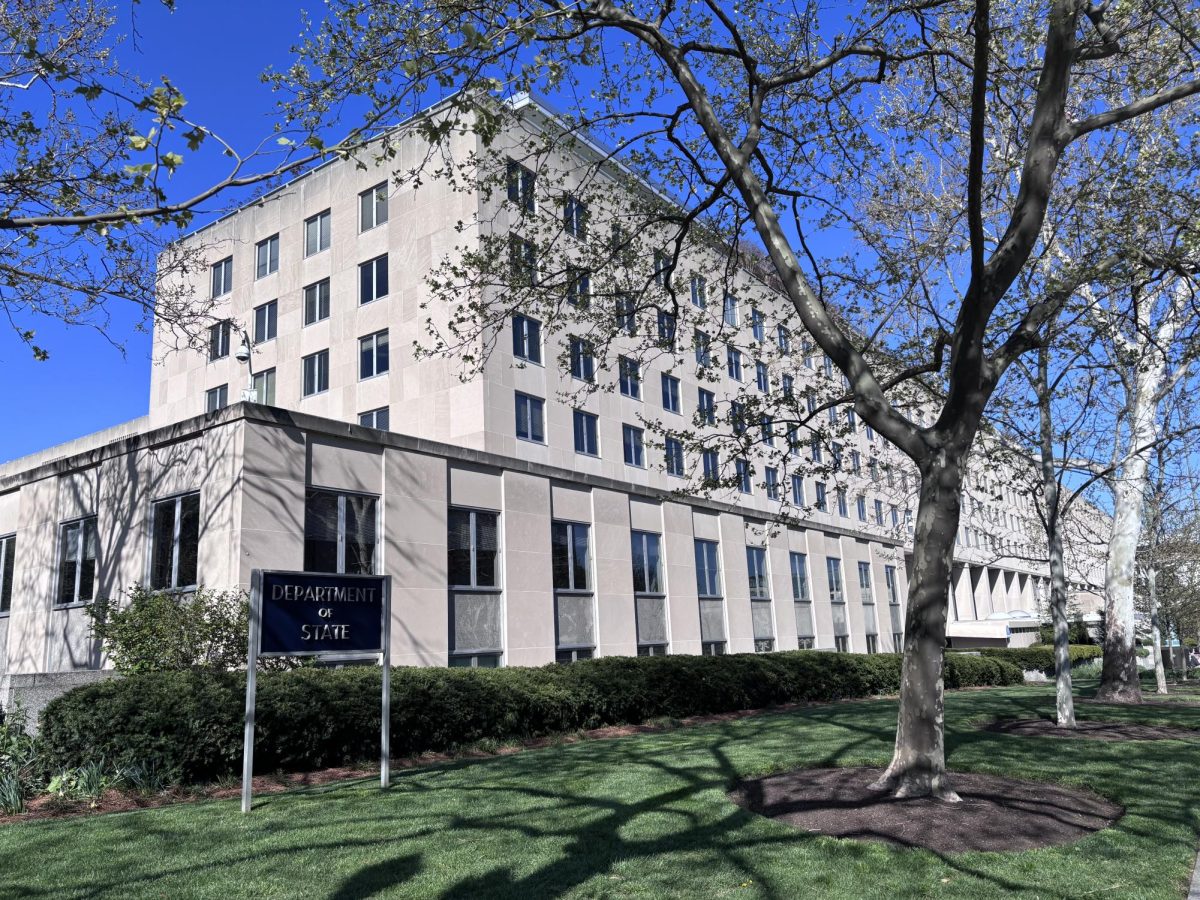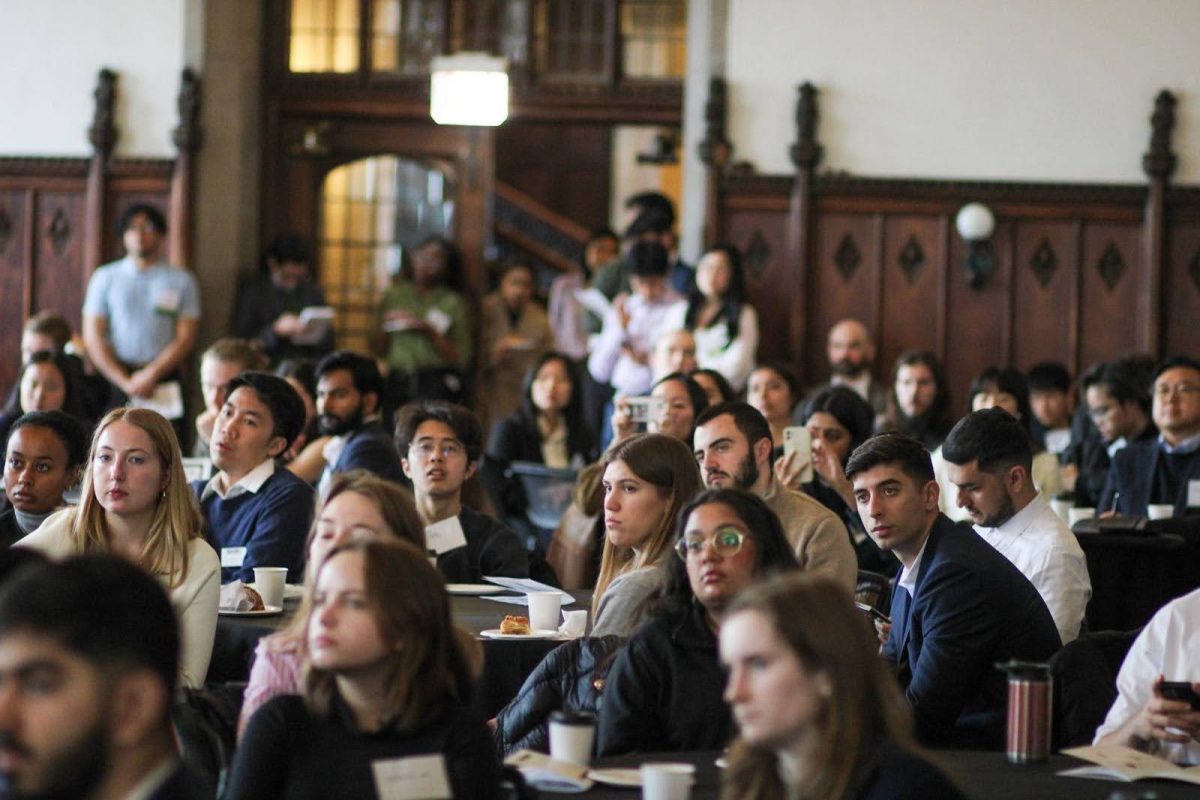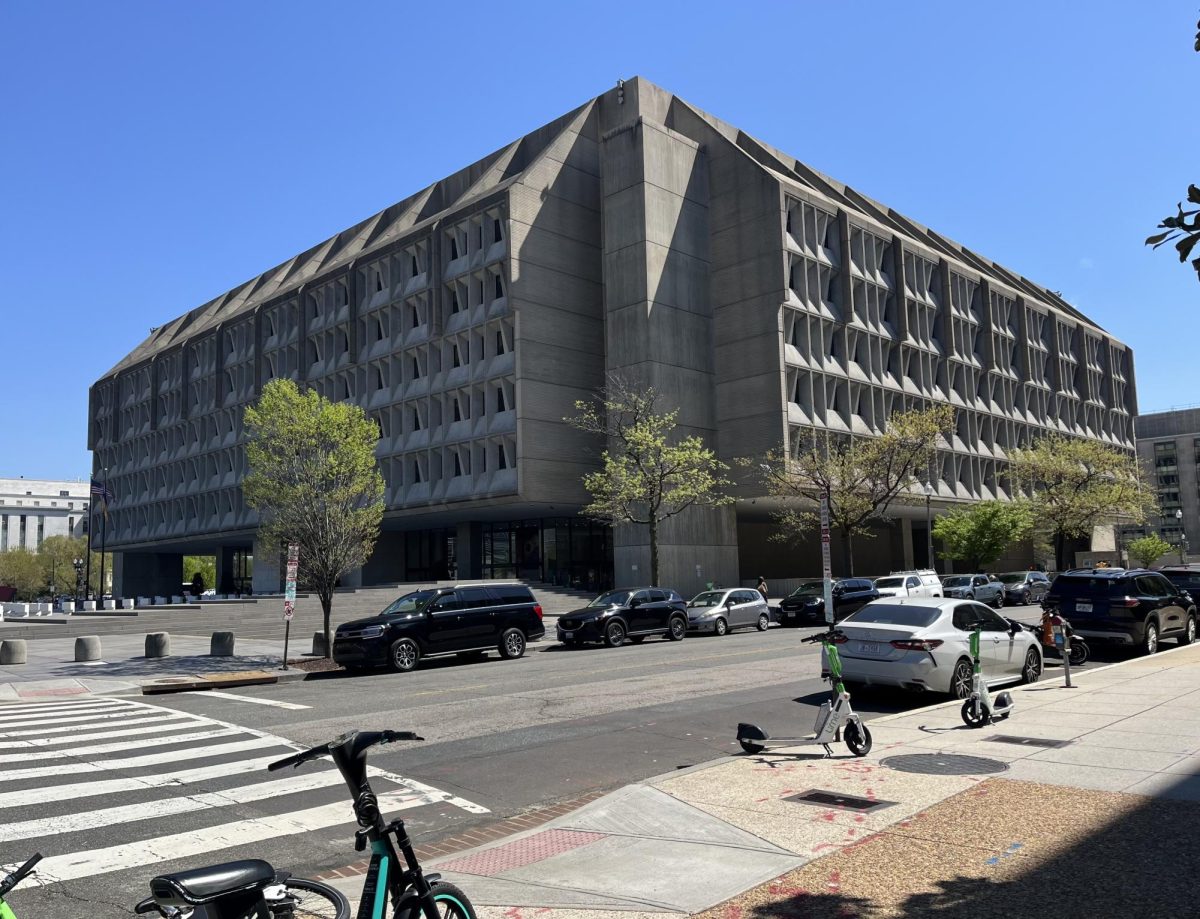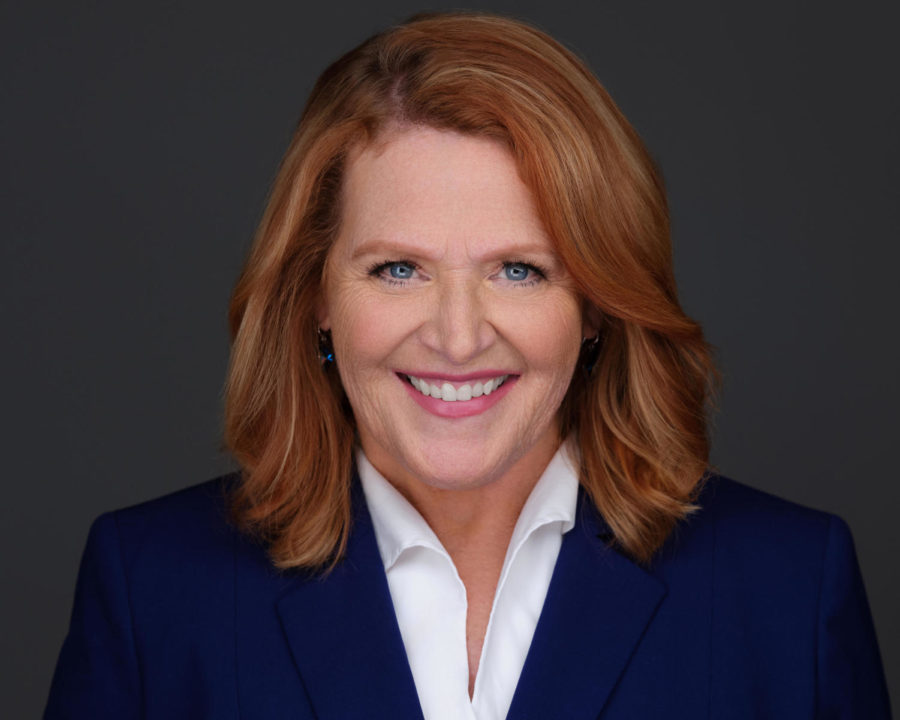An Iranian graduate student at the University who is doing fieldwork in her home country for her sociology dissertation fears she may not be able to return to teach the Core class she has planned for the spring.
Sixth-year sociology doctoral student Maryam Alemzadeh is affected by President Donald Trump’s temporary ban on immigration for people from seven Muslim-majority countries.
“I have a ticket right before the spring quarter starts. I’m supposed to teach my own class in one of the Core sequences, but the ticket I have currently falls within the 90 day ban,” Alemzadeh said yesterday night in a Skype interview from Tehran.
“If nothing changes, it’s not at all clear what will happen after the 90-day ban. The order didn’t clarify this. My visa should still be valid until August 17,” she said. “I have no idea what will happen after the ban is removed or ended.”
Alemzadeh said she won’t have issues finding work or a place to stay because she’s lived in Iran for a significant amount of time. “It’s difficult only because it’s unclear so I can’t plan ahead. That’s my biggest issue.”
Alemzadeh said she is on Pro Forma registration with the University of Chicago, which she said means the University should be formally aware that she’s not in Chicago or a nearby city. Two administrators said in a campus-wide e-mail Sunday that the University was not aware of any members of the University community who are in one of the seven countries affected by Trump’s executive order. Alemzadeh said that the administration has since been notified of her situation.
“The University administration didn’t know, because in the e-mail they sent to the whole community, they said ‘we’re not aware of anyone abroad,’” she said. “I wish that they would’ve gathered more information before they sent out the e-mail. It was kind of disappointing to see they were not aware of my being abroad despite the Pro Forma registration so it’s officially in the system.”
A University spokesperson did not return a request for comment.
Asked generally about the University’s response, Alemzadeh said that it has done what it can do.
"Honestly I have no idea what we can do. I saw the letter to the President, to Trump. To be honest, I don’t know what to think because I don’t know what’s to be done. I think the letter sounded good. It was fair. And I should also add that the University community itself has been very supporting. Maybe not officially, but unofficially. Like friends and even people who know have e-mailed, faculty members have e-mailed and shown support.”








